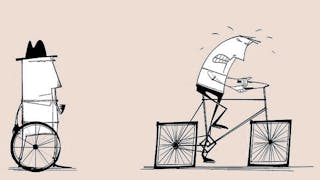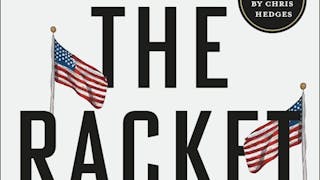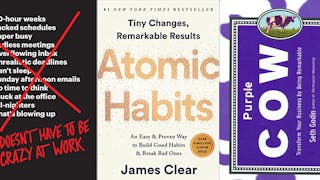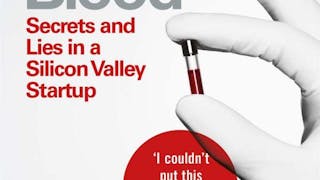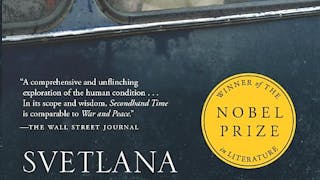El Infierno: Drugs, Gangs, Riots and Murder: My Time Inside Ecuador’s Toughest Prisons
By Pieter Tritton. Book Review.
Pieter is a English guy, who went into the business of drug trafficking between Europe and South America, and eventually been caught and placed in a prison in Ecuador.
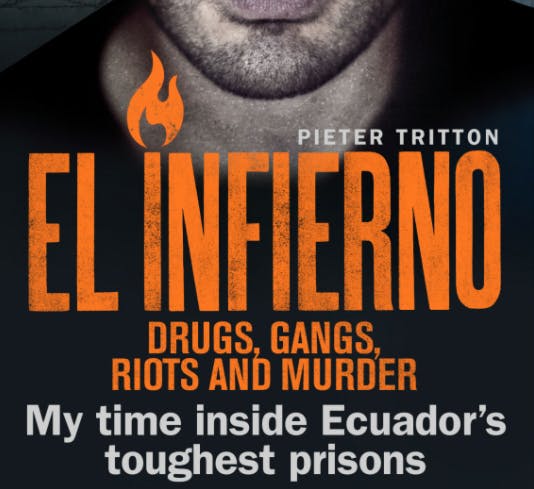
This book is his own words telling the story from the time he was caught till released into Britain some 12 years later. Here are my notes on it:
Don’t shit where you eat.
Referring to doing business away from France, because he had a family house in France.
It’s not the despair that kills you: it’s the hope.
As he kept repeating to himself and family members that he would be out in 6 months, he realized that not giving into the reality that he was going to serve the whole period, was eventually going to kill him. This isn’t a universal rule by the way, it is for those of you who think it’s okay to do crime, and walk away with it!
I settled for this as the last thing I needed was trouble with a group of suspected terrorists from the Middle East. I might get blown up by a booby trap in my cell.
Referring to a deal gone bad in prison with a Lebanese friend of his. Quite racist and ignorant remark. When is the West going to realize that the majority of bombs actually fall on the heads of Middle Easterns? And most probably made or sent by the West?!
I really started to think that my time on this earth was severely limited and that my contract with my maker was well and truly nullified.
A contract you have breached time and again? Now you remember your Maker? حسبي الله ونعم الوكيل!
They simply couldn’t comprehend the fact that there is a great deal of poverty in Europe as well.
Those are collateral damage in the West, the few who had to pay for the luxury of the vast, which also cost the rest of the world a lot of poverty, funny how living in the Ecuador did not change your perspective.
Not only that, but it was very likely that you would have just come from a prison with a far harsher regime and suffered a great deal more.
Complaining about repatriation rules in the UK that he deemed unfair for him, boohoo drug dealer. He answers himself right afterwards:
I know a lot of people would say tough shit, you shouldn’t have done it in the first place, and that’s fair enough. But just spare a thought for people in prison abroad - it could one day be you or your child or a family member. People are quite frequently wrongly imprisoned in foreign countries for all manner of reasons.
Author provides no proof. He also never met any of those wrongly accused during his time. Meh!
You may think you have it hard at the airport with security, but imagine the security checks I had to go
This pain is universal, and we need to blame someone for making international travel ever so hard.
Everyone either seemed to have a phone glued to their ear or was staring at one.
Talking about his cultural shock after release. Fayez Kindary had a similar account of his cultural shock when he was released to Kuwait 16 years after being incarcerated in Guantanamo. He describes: first time I saw someone wiping the screen, thinking it must have been dirty. Then I saw another, and another, and thought this could not be a coincidence! They cannot all have dirty screens at the same time!
Humans are impressive in their ability to adapt, we never felt the change happening.
This business will never cease. There will always be people willing to risk their liberty smuggling drugs unless they are legalised.
Pieter, I think you should do another 12 years, may be in Guantanamo this time, to learn the lesson! While his mother died of Alcohol; the legal business that should have never been legalized, this boy thinks legalizing drugs is going to end the problem!
I found this all very overwhelming and quite upsetting, having just come from a country where there was such poverty and suffering. The greed and consumerism of our society was very hard to stomach, and to some extent still is.
The poverty of South America is -directly, or indirectly- caused by the greed of the Western citizens.
Review
I give this a 2.5 out of 5. Autobiographies tend to be interesting because they speak volumes of the inner feelings and thoughts of the person narrating the events. The story telling skills are simple and capturing. But Pieter does not sound like he learned the lesson, he has none to offer! There isn’t a lot of details that I would call interesting, but the general account of prisons in the Ecuador is surprising.
On the web
Other similar and interesting videos are those by Aljazeerah Documentary (or National Geographic) of prisons around the world.




